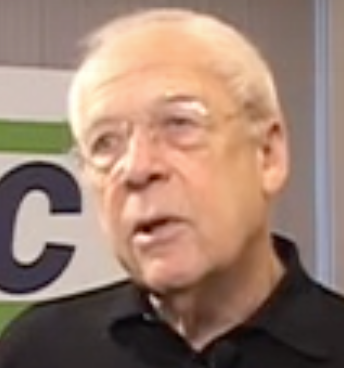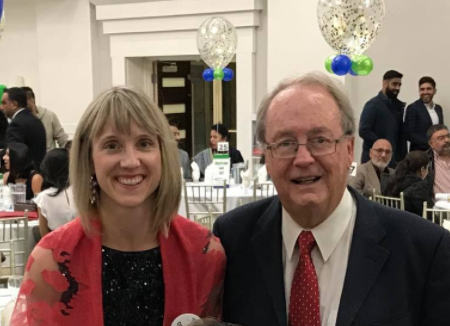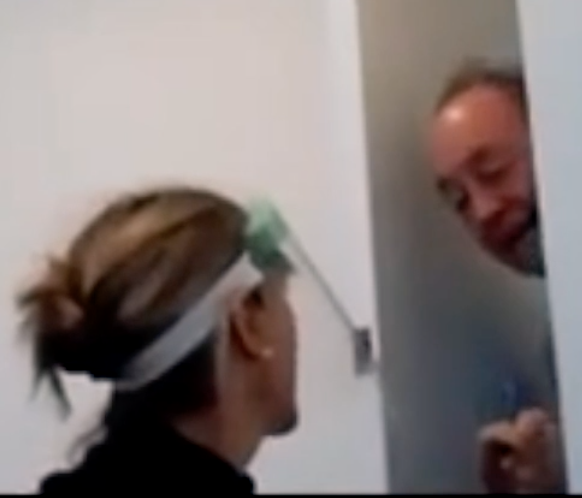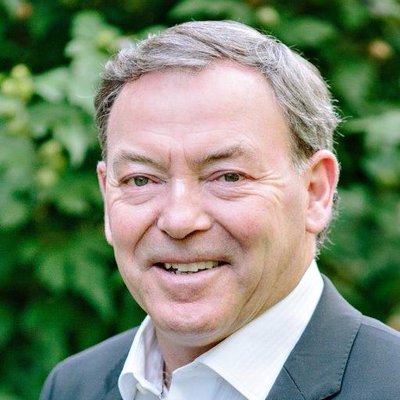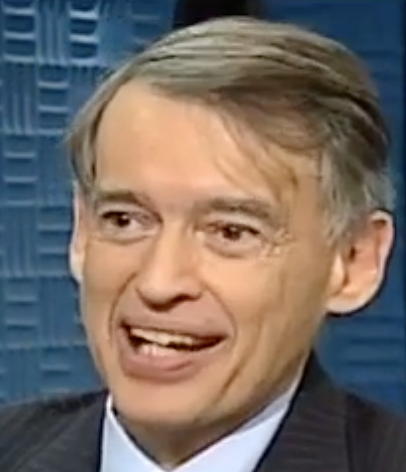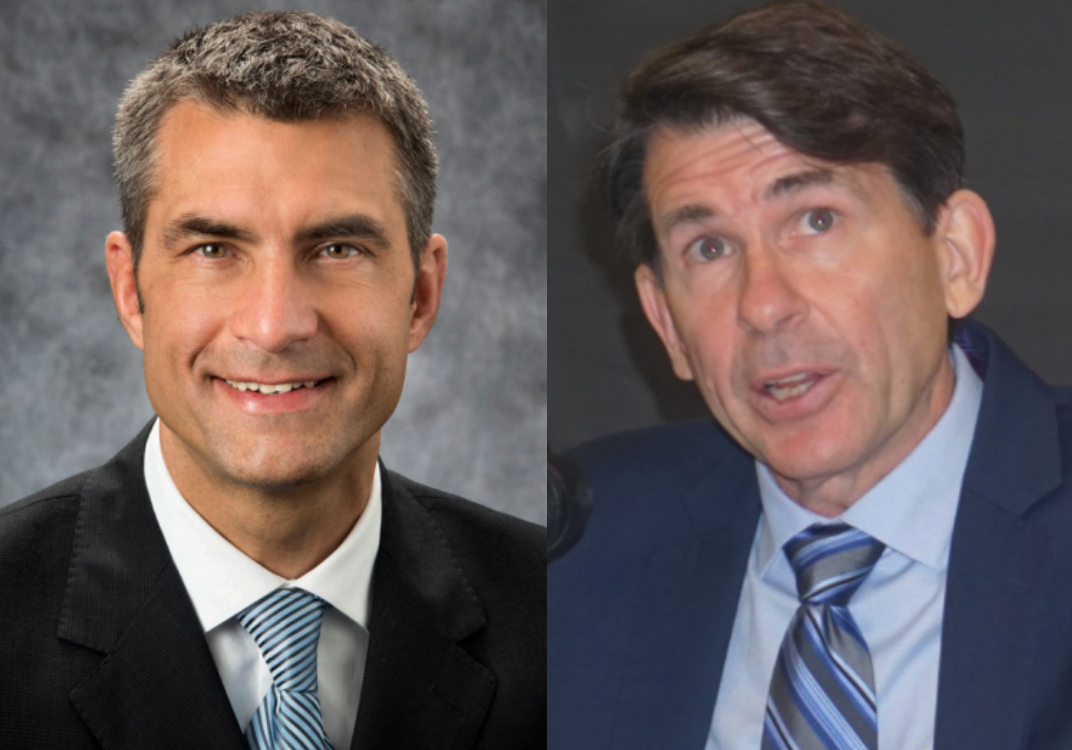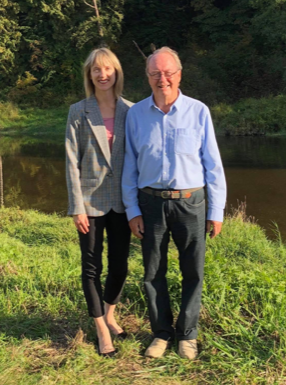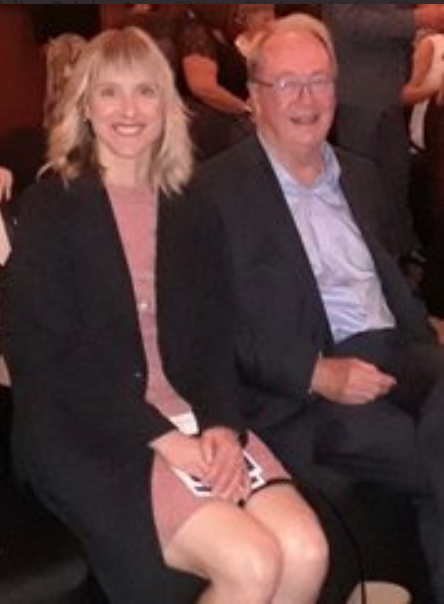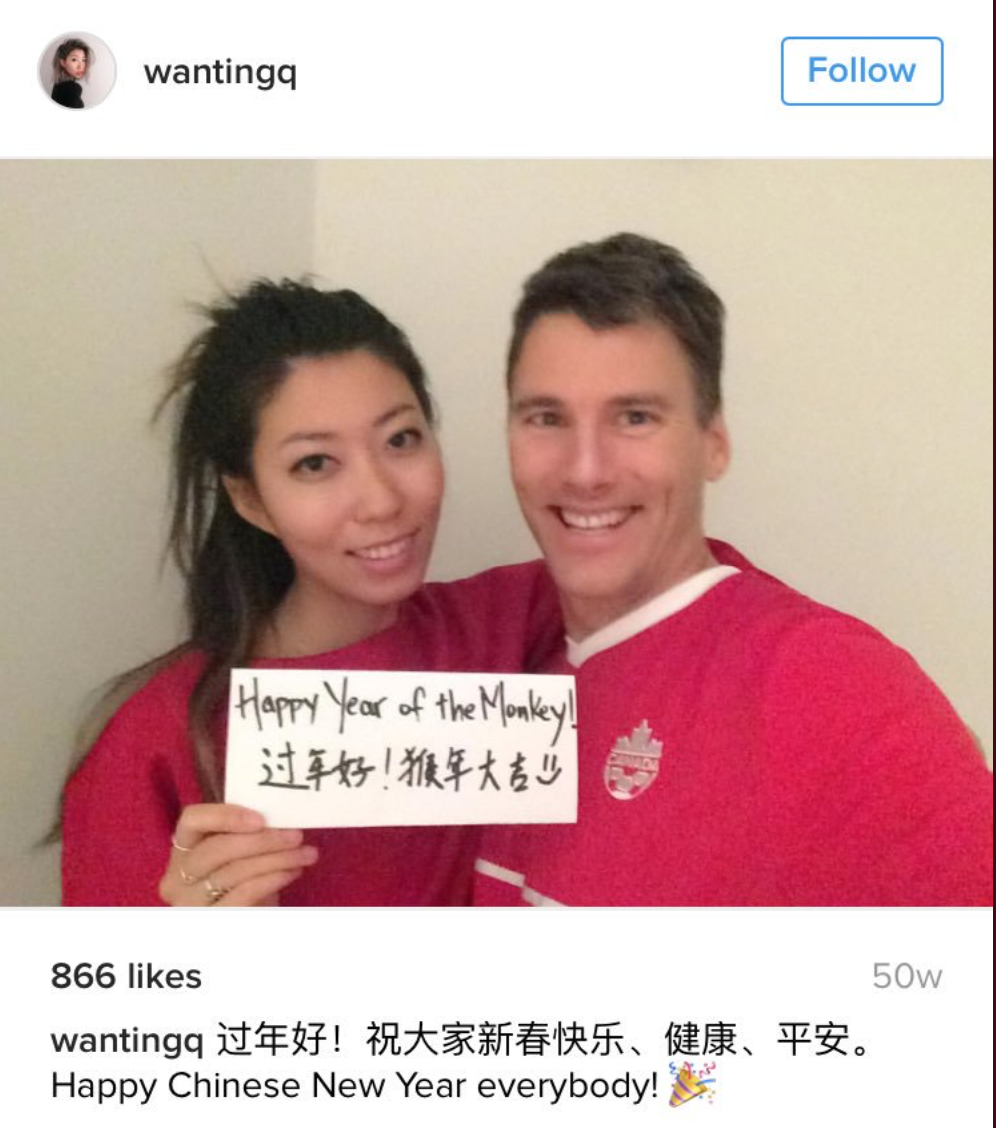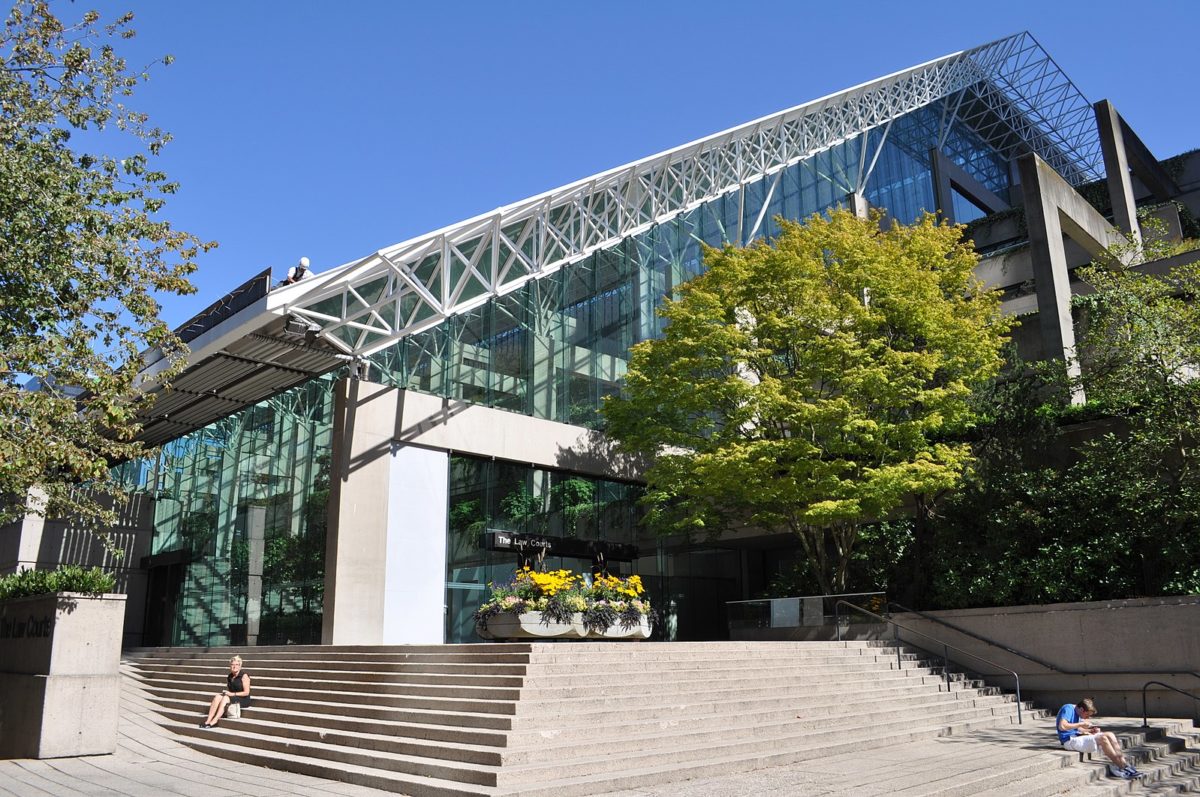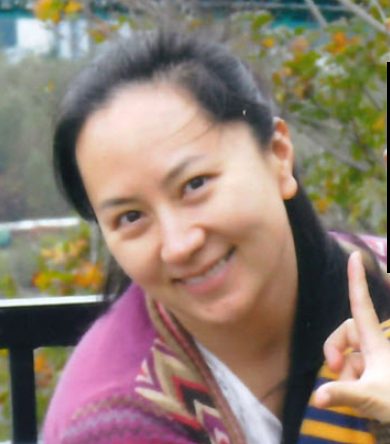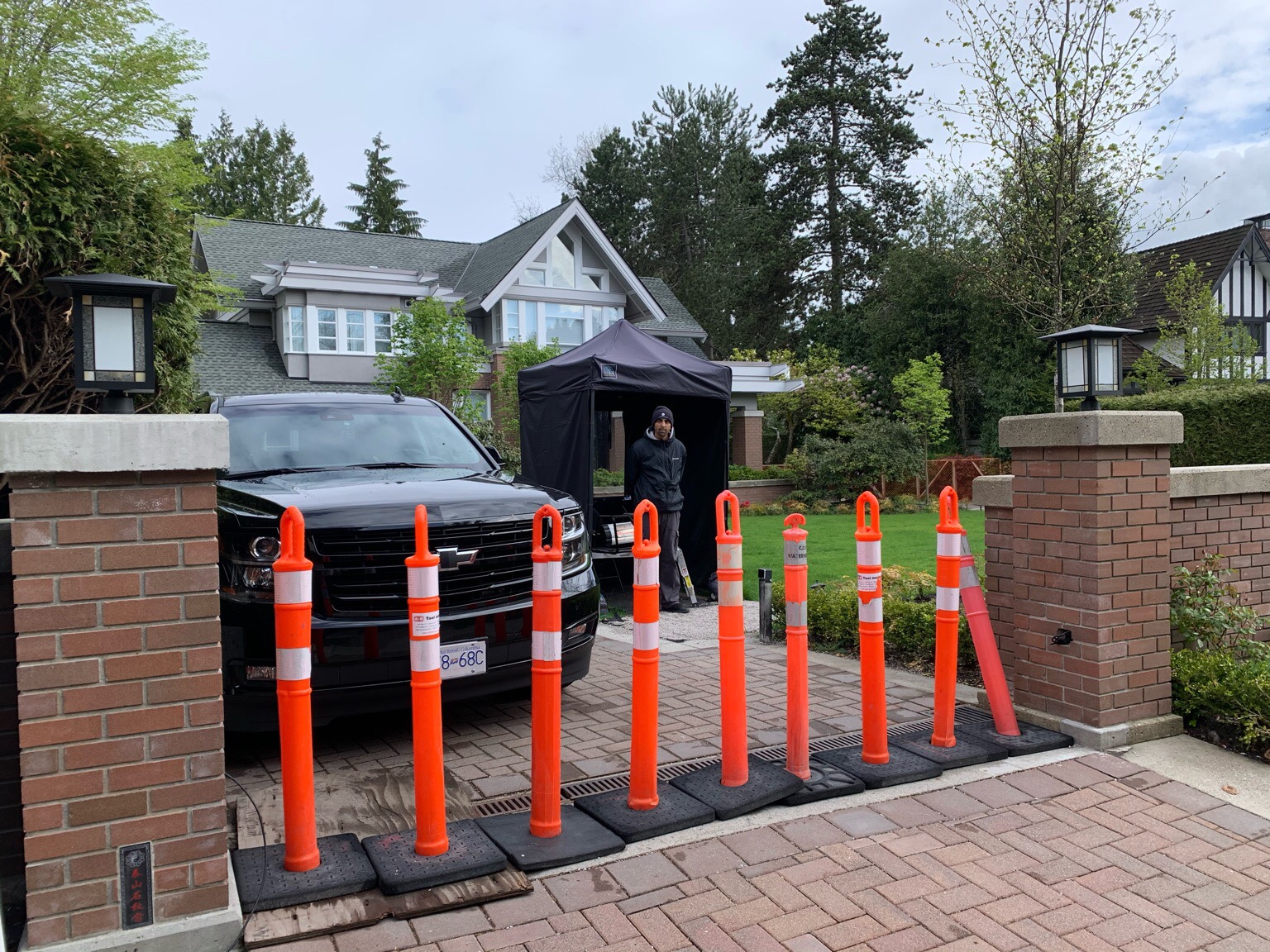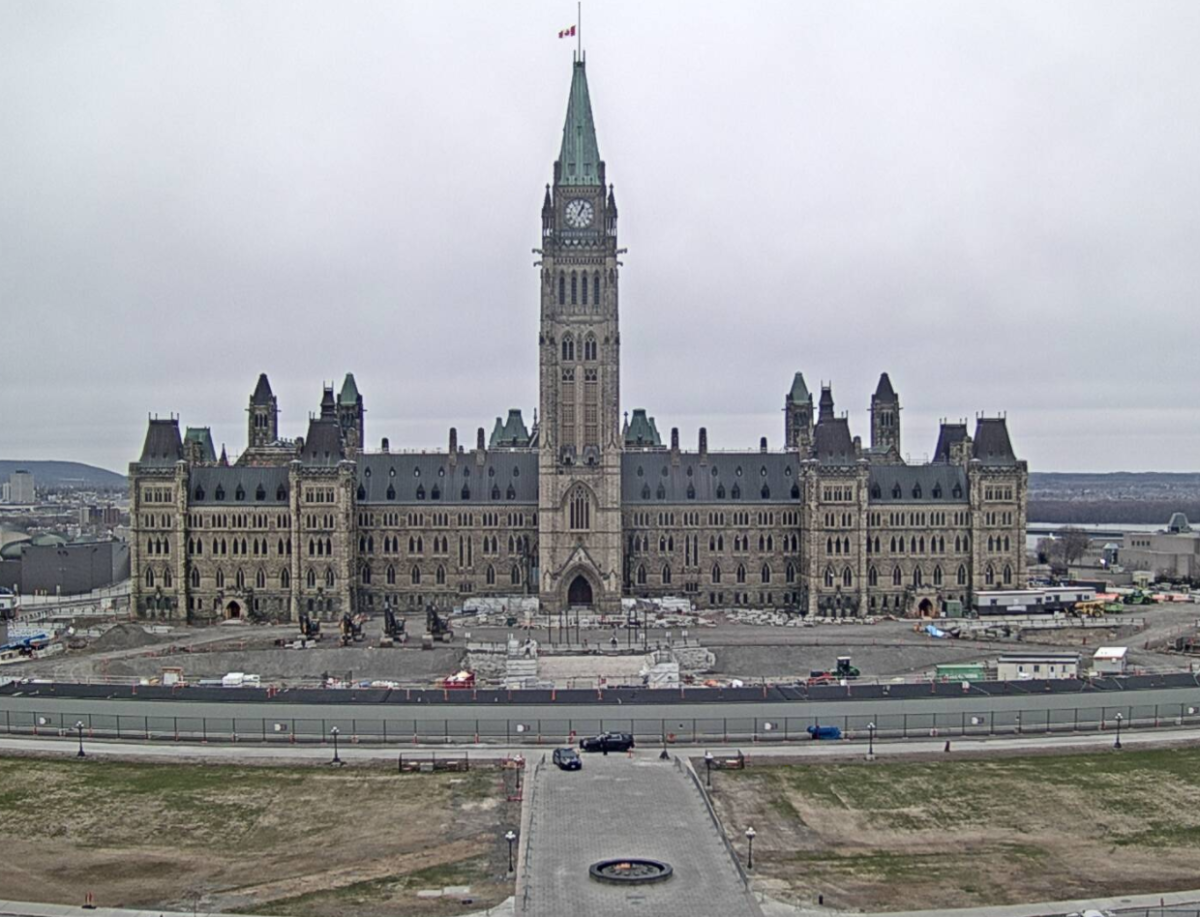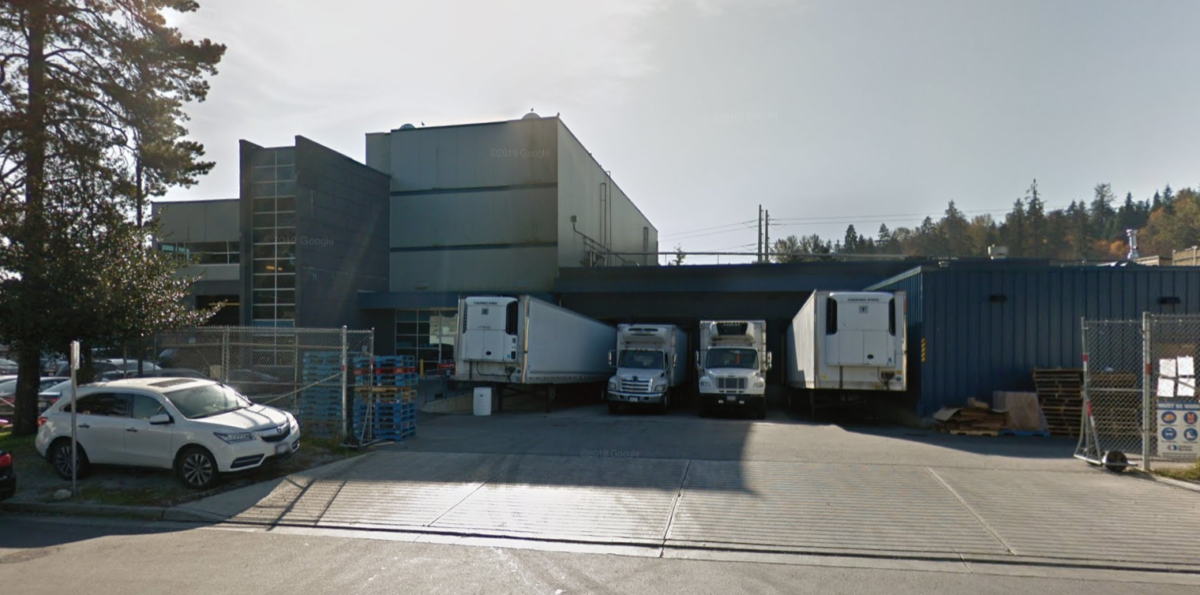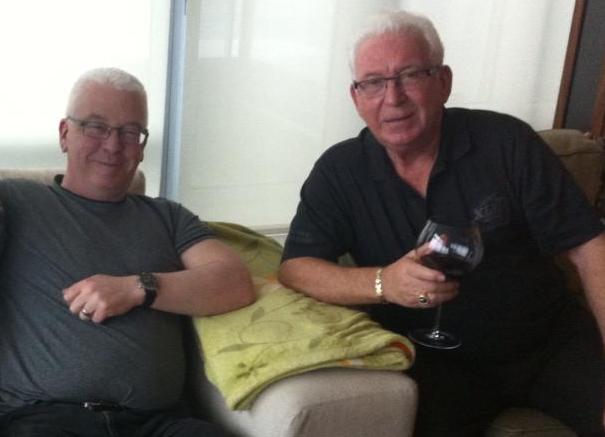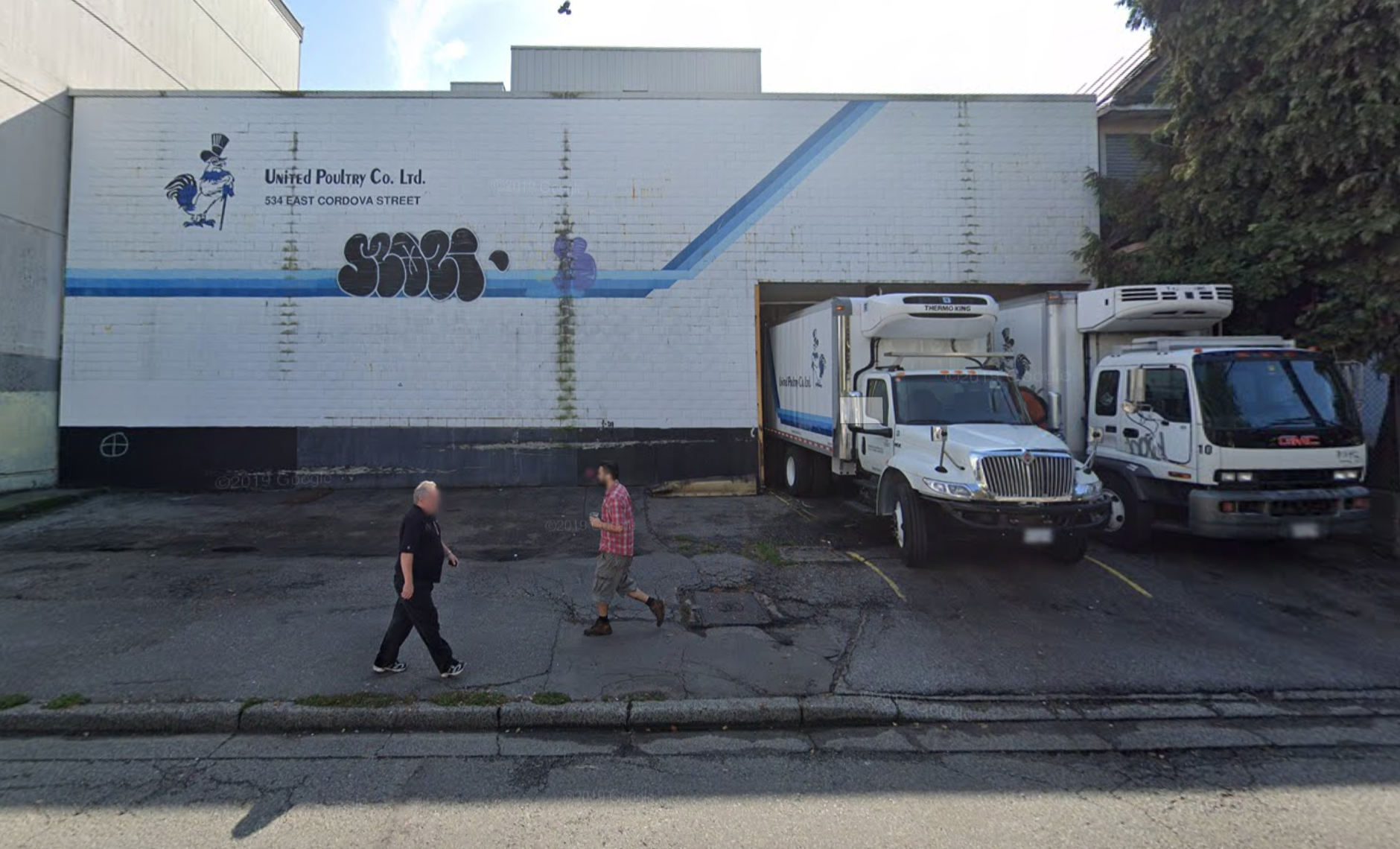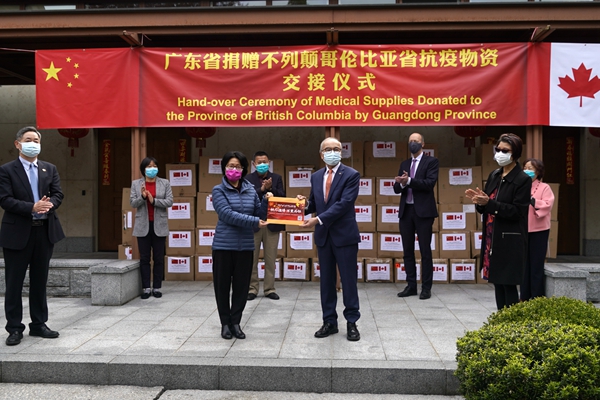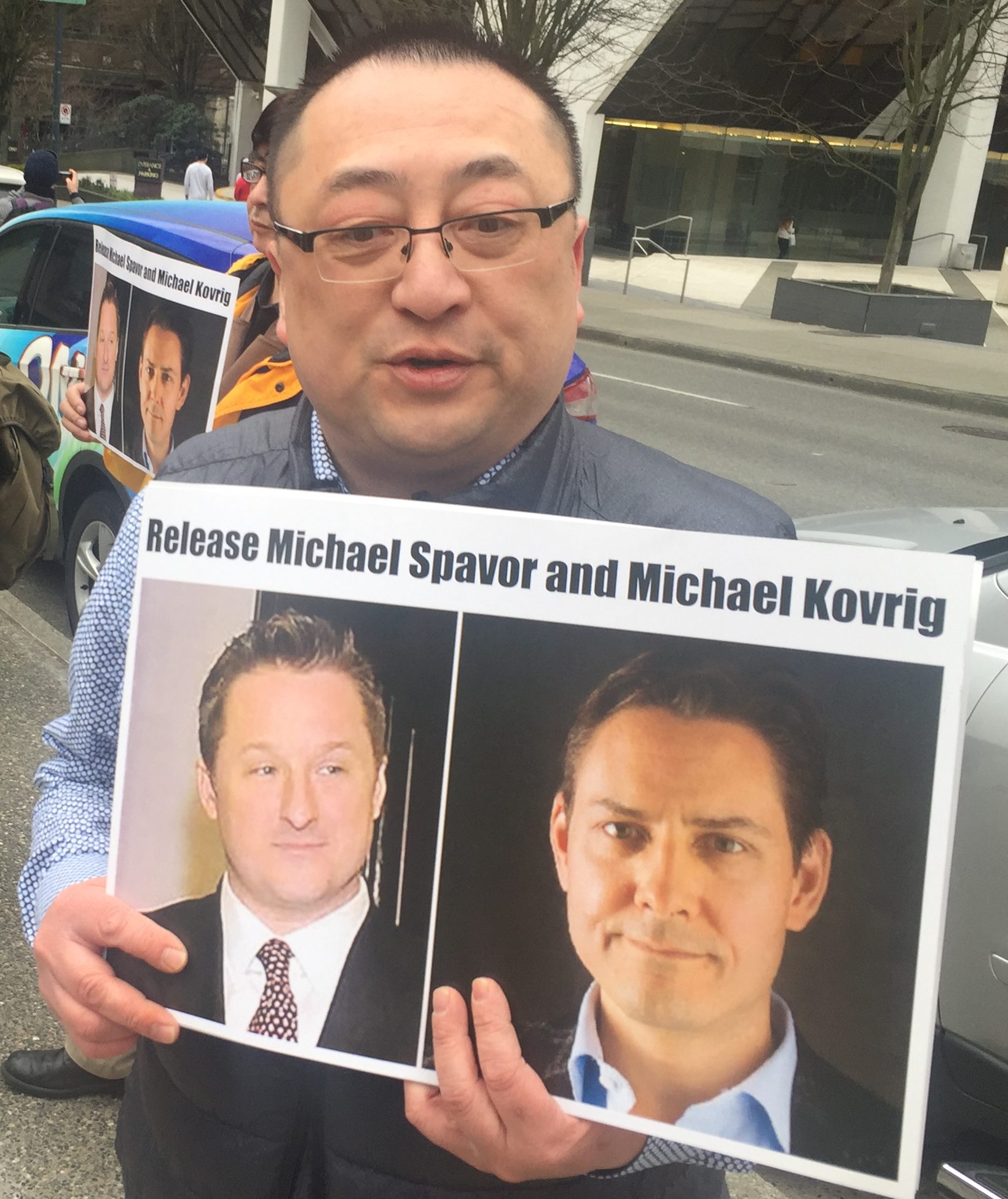Malcolm Johnston
The COVID-19 pandemic has made absolutely clear, we cannot go back to normal, as it has forever changed how people behave. COVID-19 is a prelude for great change in B.C.
Metro Vancouver’s regional transit system has been greatly affected by the pandemic as thousands of people stay home, with many either working or studying from home. This has put a massive financial strain on TransLink, which now claims a deficit of at least $75 million a month.

Selina Robinson and Premier John Horgan at a TransLink funding announcement. (BC Gov)
From the onset of “social distancing” TransLink seemed OK operating empty buses, without any hint of a “plan B” for operation during times of emergency. TransLink is now asking the provincial and federal governments for more money to keep empty buses operating and to keep huge executive salaries being paid.
TransLink and the Mayor’s Council on Transit are still proceeding with their pet $4.6 billion, 12.8 km extensions to the Expo and Millennium Lines, despite clear evidence that both projects are nothing more than “gold-plated” prestige projects, designed to further the profits of land speculators and land developers who support many of the mayors at election time. Both projects will only improve transit on paper and nothing more.
The proposed Broadway Subway is being built on a route without enough ridership to justify its construction and the flip-flop from LRT to light-metro in Surrey, will be again be built on a route where the ridership will not justify construction costs. TransLink has not offered an estimate of the increased operating costs or increased annual subsidies for both projects.
Questionable ridership projections are based on future condo tower development, based on foreign, basically Chinese, investment and this is not guaranteed!
The already huge cost does not include the proprietary Movia Automatic Light Metro (erroneously called SkyTrain) cars, nor the inflationary cost increases for cement and specialty steel, needed for subway and viaduct construction.
It is no secret that the often renamed and now called Movia Automatic Light Metro (MALM), as used on the Expo and Millennium Lines is obsolete, as it has been obsolete since the late 1980’s, being more expensive to build, maintain and operate than its chief competitor, light rail. Only seven such systems have been built in the past 40 years and only three are seriously used for urban transit!
Today, modern light-metro systems such as Ottawa and Seattle use light rail vehicles, because of their cost effectiveness and their ability to operate on lesser rights-of-ways, yet because MALM uses Linear Induction Motors, it is impossible to use LRV’s on the proprietary MALM system.
MALM cannot be built cheaply, nor can it be operated and maintained cheaply. The taxpayer pays a first class cost for a second class system and this cannot continue, post COVID-19.
The recent sale of Bombardier to Alstom puts into question the future availability of MALM cars and spare parts! With COVID-19 and a major economic downturn, production of niche transit systems like the proprietary MALM light metro, maybe discontinued. Alstom has already shown that it has little use for proprietary transit systems by discontinuing production of the TVR guided bus used in several European cities, leaving operators scrambling for spare parts.
Vancouver is now the only customer for MALM, as the systems built in South Korea and Malaysia have mired Bombardier and SNC Lavalin (the patent holders of the proprietary railway) in legal misadventure, due in part, to healthy “success fees” paid to lobbyists and politicians, to ensure MALM was to be built!
The Broadway Subway and the Fleetwood extensions to the SkyTrain light-metro system are grossly overpriced for what they will do as light ridership on both extensions will greatly increase operating costs. The Broadway Subway, current peak hour transit customer flows are under 5,000 persons per hour per direction (pphpd). The North American standard for building a subway is a transit route with customer flows of at least 15,000 pphpd and operational subsidies increase dramatically with smaller customer flows.
Despite deliberate and misleading statements by TransLink and the City of Vancouver, Broadway is not the busiest transit corridor in Canada, as a representative of TransLink stated in a letter, Broadway was “our region’s most over-crowded bus route“.
This sounds like a management issue and not one of needing to be solved by a $3 billion subway.
TransLink and the Mayor’s Council on Transit have never been honest with the long term costs of the project, which over a fifty year period, will have grave implications for the metro Vancouver and BC taxpayers.
According to the Toronto Transit Commission, who have a long experience operating subways, the Broadway subway to Arbutus, alone, will add $40 million annually to TransLink’s operating costs.
The 50-year costs for subways and grade separated transit are staggering, estimated more than $1 billion per km for the subway portion and just under $600 million per km for the elevated sections of the light metro system. Already the original Expo Line desperately needs a minimum $2 billion to rehab (full rehab about $3 billion) the system and increase capacity beyond Transport Canada’s Operating Certificate maximum of 15,000 pphpd.
TransLink has not been up front with these costs, for fear of pointed questions about the massive future costs for the rest of the light-metro system.
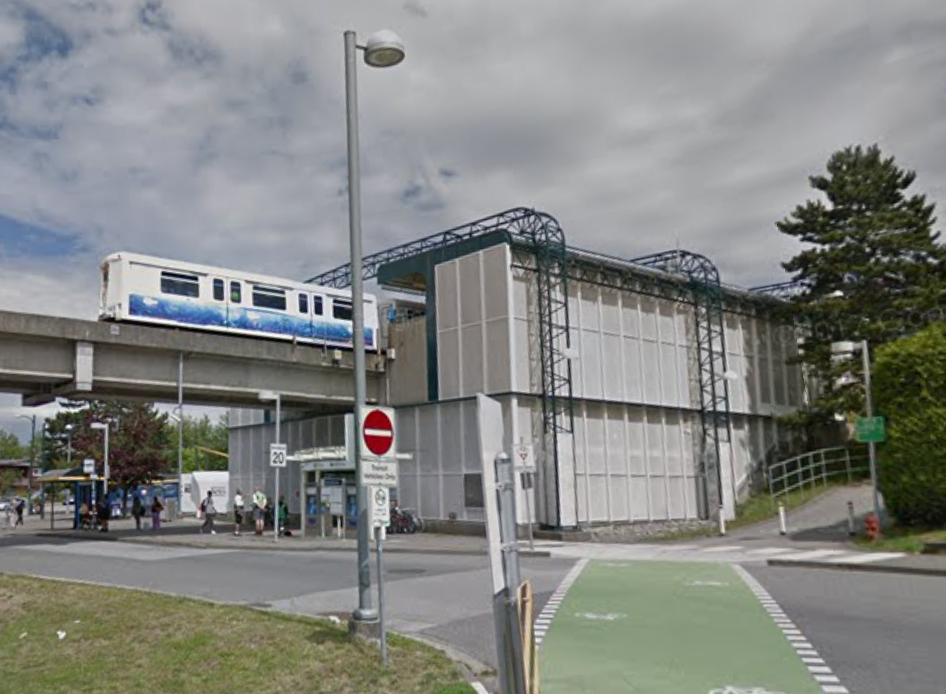
Nanaimo SkyTrain Station (Google)
Spending $4.6 billion for 12.8 km of light-metro pales, when one could instead invest $1 billion on both, the proposed Fraser Valley Rail project reinstating an hourly Vancouver to Chilliwack passenger service and the E&N, reinstating a Victoria to Courtney/Port Alberni passenger service and still have $2.6 billion left over to invest in regional transit projects in Metro Vancouver.
COVID-19 and the current ‘stay at home orders’ means long term financial hardships for taxpayers, not just TransLink. Even though there are generous government support, each month of lock down generates more and more fiscal instability for the taxpayer as future tax increases to pay for the emergency are certain.
The taxpayer will very soon, be in no mood, to fund Vancouver’s and Surrey’s $4.6 billion gold-plated, prestige transit projects, nor will the taxpayer and the transit user be willing to pay higher fares and other taxes for transit that about 85% of the population will not use.
As Premier, you must step in and say “enough” as TransLink and the Mayor’s Council on Transit have isolated themselves from public oversight and ignore public debate.
In 2015, 62% percent of the people voted against TransLink’s demands for money, yet they have done nothing but play the taxpayer and voter for fools by offering virtually the same plan with no real public input. TransLink’s public oversight is nothing but a charade; a smokescreen to carry on with their hugely expensive rapid transit agenda.
In the post-COVID-19 world, TransLink must plan for affordable transit projects; build user friendly transit projects and refrain from doing the same expensive thing over and over again hoping for different results.
The year 2021 and beyond will be an age of higher taxes, to pay for today’s emergency funding; more people will work at home, thus fewer people will use public transit; social spacing will see different travel routines, again reducing the need for gold-plated transit options. Then the reality of unintended consequences of today’s reality will come into play and those could prove very expensive.
TransLink needs to rethink its planning; the Mayor’s Council on Transit needs to rethink how transit is provided and funded; and the provincial government must rethink its rubber stamping Metro Vancouver’s questionable transit planning.
The taxpayer and the transit customer deserve far better than the current sham planning and complete lack of oversight and failure to correct the current mess maybe felt at the polls in the next election.
Who is not afraid to bell the TransLink and the Mayor’s Council’s “cat”?
Malcolm Johnston is a longtime TransLink and SkyTrain critic with Rail for the Valley. More information on RailfortheValley.com
Support theBreaker.news for as low as $2 a month on Patreon. Find out how. Click here.
Malcolm Johnston
The COVID-19 pandemic has made
